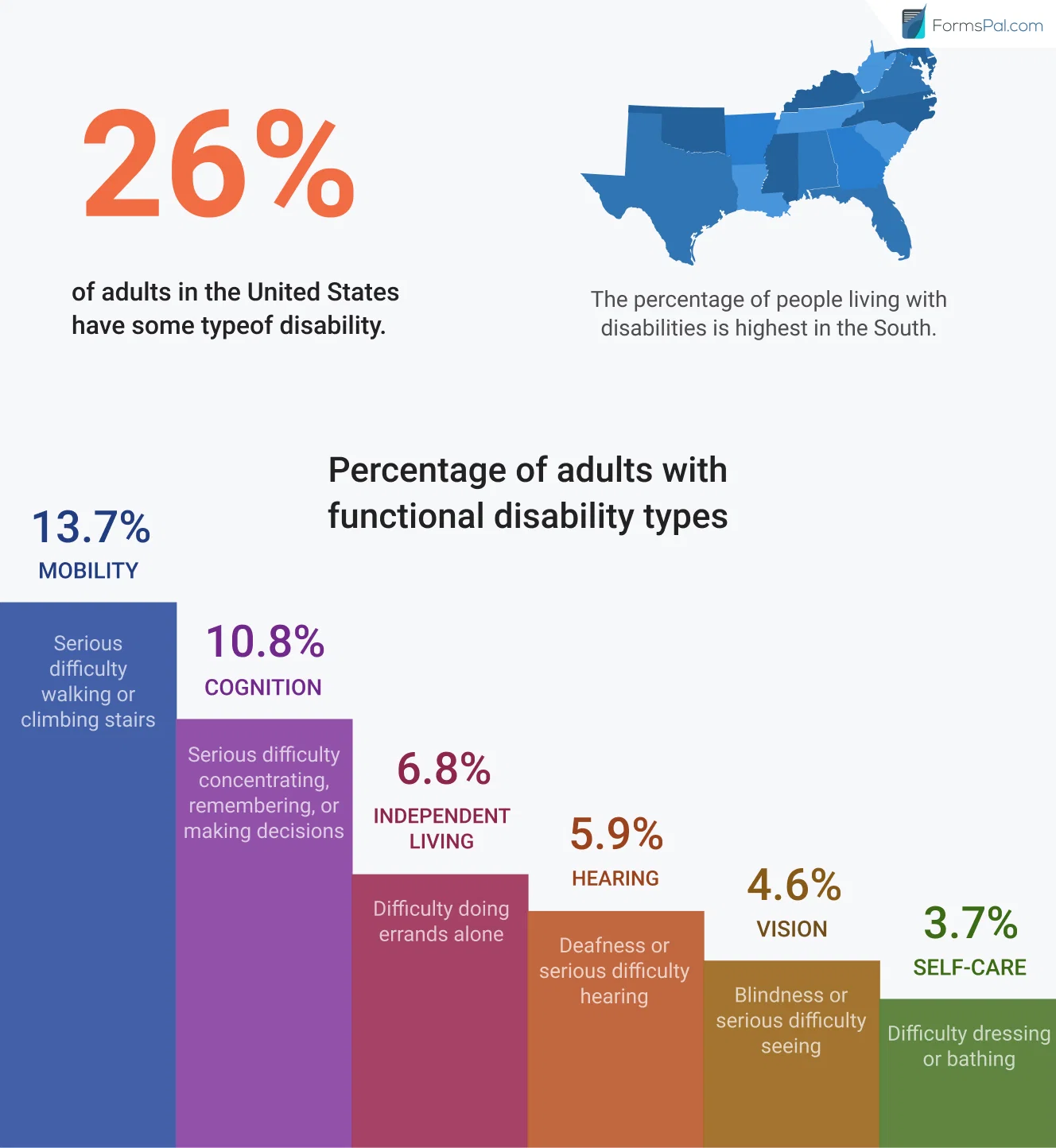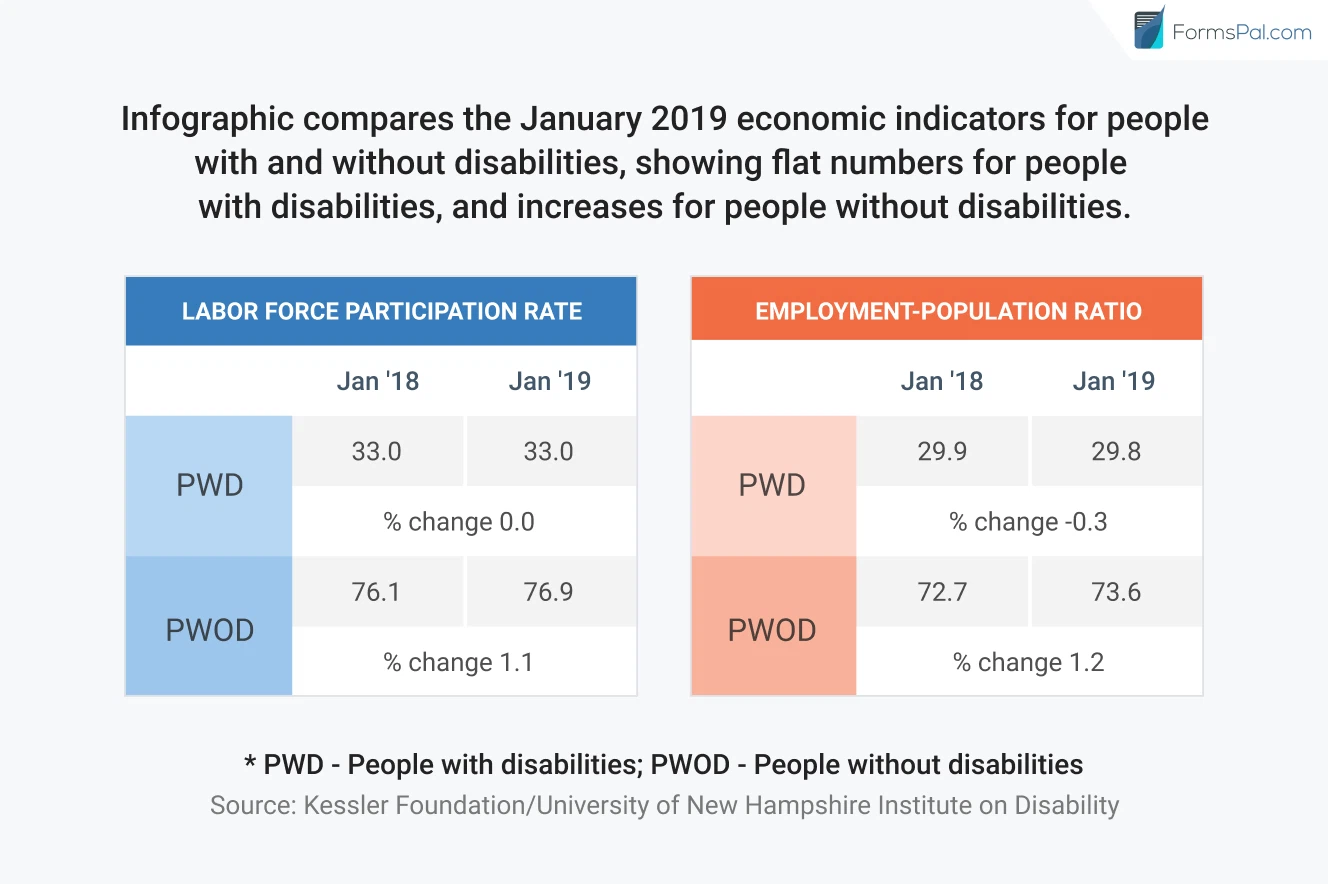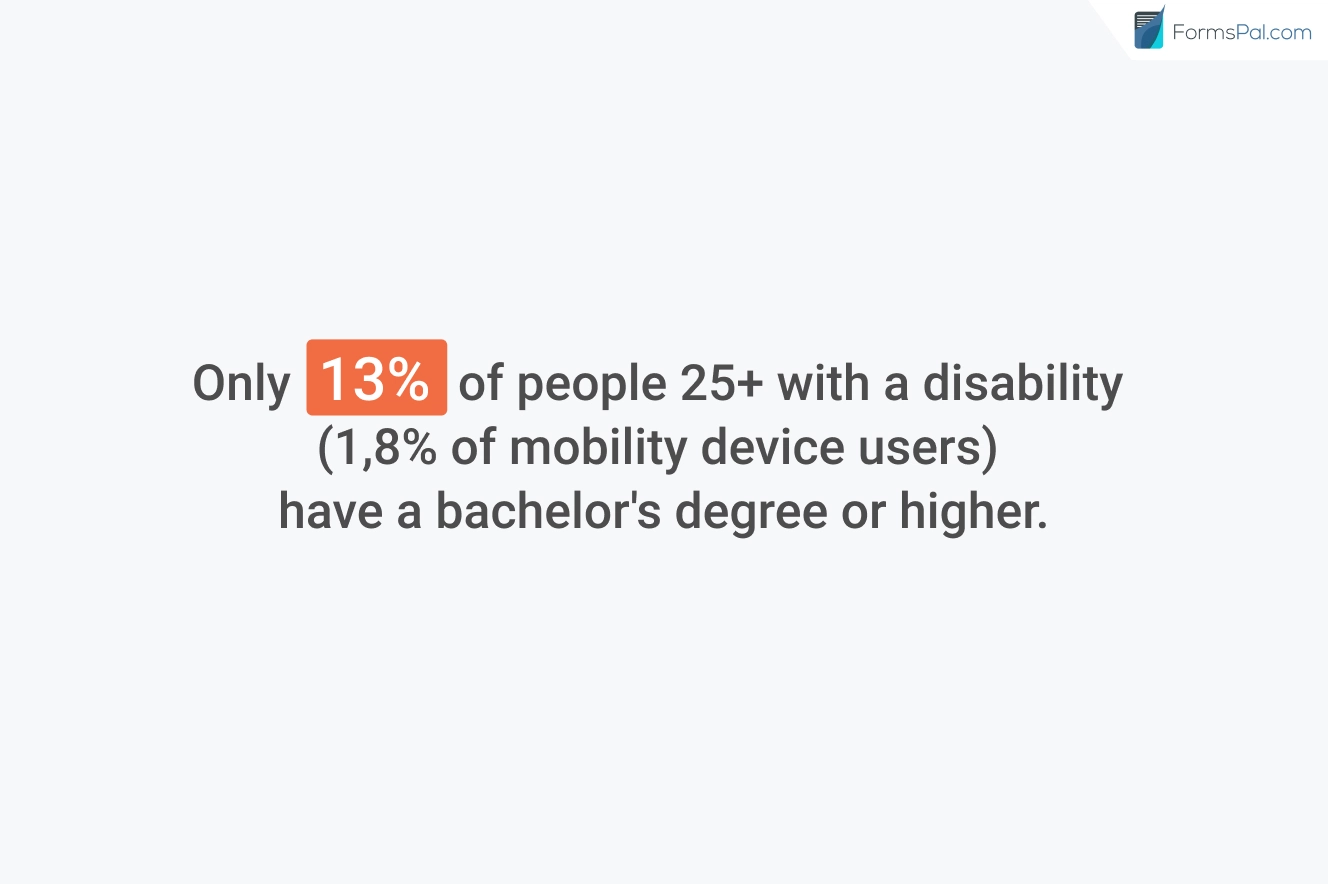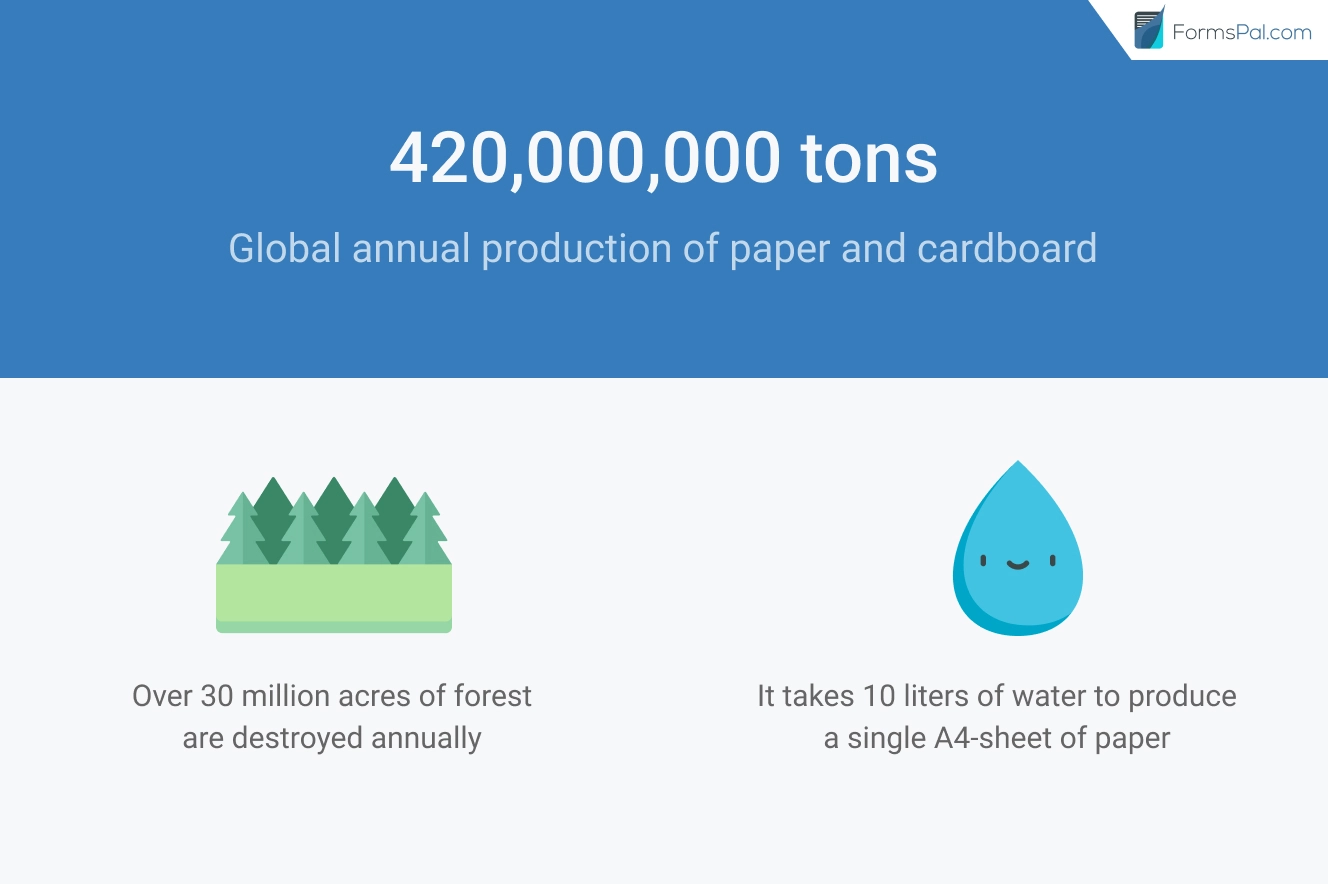
We Support People with Disabilities by Providing Free Legal Forms Online
Living with a disability is tough. It’s not something that everyone can relate to, yet, according to the Center for Disease Control (CDC), one in four Americans is battling a disability as an integral part of their life. This begs the question, are institutions and bureaucratic agencies responding to the need for special accommodation? Unfortunately, the answer is not as positive as one would hope for it to be.

People with disabilities have as many responsibilities as anyone else. Much like the general population, they need to settle their rental agreements, car insurance, and all documents that accompany vehicle sales, as well as living will forms, DNR orders, and a number of medical paperwork. The discrepancy comes in the fact that people with disabilities experience many more difficulties when they set out to run these errands. In many cases, for example, when it comes to those with medical disabilities, there is a lot more paperwork required than the average healthy person would ever have to go through. This ends up causing distress and frustration, as well as costing time and money.
People with disabilities face more economic hurdles than the rest of the population
Unfortunately, people with disabilities don’t just have their physical ailments to take care of. They are often more financially disadvantaged than the general population.

Legal work and attorney fees aren’t cheap, and having a lower income makes it all the more difficult for people with disabilities to get the care and service they need. Luckily, there is a large database of online resources that are making the preparation of legal documents and fillable PDF forms much more affordable and, in many cases, even free of charge.
Quite frequently, because of their disadvantaged status, people with disabilities receive supplemental income from the government, which requires an extra layer of paperwork. By using online forms, they can take care of the recurrent documents that need to be submitted month by month to ease their lives.
People with disabilities often face inequality in terms of education as well.

Having to deal with dense legal jargon can be confusing, exhausting, and frustrating. The good news is that most if not all legal forms and documents online usually come with detailed instructions on how to be filled out, submitted, and used properly. That extra education puts power and gives agency back to those who need it most. That way, people with disabilities no longer have to feel deterred and give up on their goals simply because of the complex legal terminology that documents are laden with.
Reduced mobility can make legal errands a challenge
The problem with legal services and forms isn’t just that they are expensive. Most of them require people to physically go to an institution in order to get assistance. While this may seem annoying to the average person, to somebody who’s hard at moving, having to metaphorically jump through hoops and wait in lines could be extremely distressing.
Sadly, there are still institutions that aren’t equipped with the appropriate ramps and equipment to accommodate disabled individuals. While the prevalence of wheelchair ramps is increasing, it’s not enough to help the millions of affected individuals.
Sometimes, US citizens with disabilities actually speak Spanish as a first language. In such cases, there isn’t anybody able to help at the government institution, especially if it’s located in a more rural area.
This way, they won’t have to wait in line and feel anxious every time some paperwork is required.
How can online documents and forms be used?
Online documents and forms are the digital alternatives to their paper versions. For every paper document out there, a digital form can be found online. By signing electronically, the individual filling out and submitting the form is agreeing to the same terms and agreements that they do when they sign the paper version. Essentially, online documents and forms are just as good as the paper alternative.
Another added benefit is that using online forms helps reduce paper waste tremendously, which is very much needed in the global current climate.

Some of the forms related to people with disabilities include:
- Disability Letter From a Doctor – it is a letter that will state what your disability is and how it affects your ability to work.
- Pearl Carroll Disability Claim – this form is for people who are claiming benefits because of their blindness.
- VA Form 28 8890 – this form is for veterans who are applying for disability benefits.
- Form DB 450 – this form is for people who are legally disabled and are applying for benefits.
- Disability Retirement Application – this form is for people who are applying for benefits because they can no longer work due to their disability.
- Legal Blindness Form – this form is used to determine if an individual is legally blind.
- More forms related to blindness.
Online documents are available for use by anyone regardless of location, gender, and nationality. There are a few major databases online, such as FormsPal, where people can find thousands of forms, from the most widely used varieties to the lesser-known but equally important documents.
FormsPal and Minorities – find out how FormsPal supports minorities.